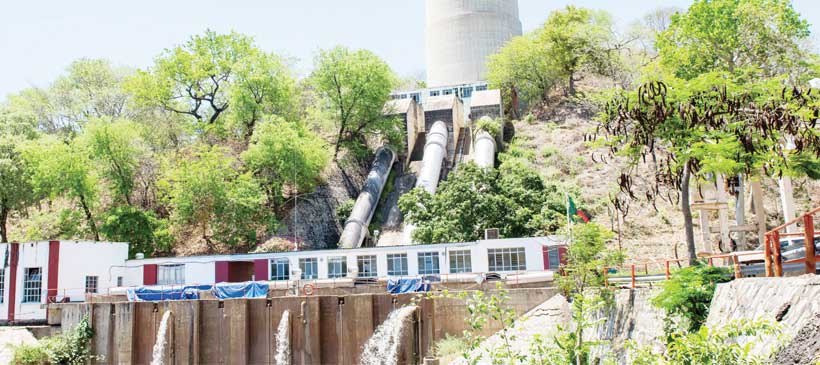
Malawians should brace for more blackouts until December 31, the Electricity Generation Company (Egenco) disclosed on Wednesday, saying the generation capacity will not improve if rains do not come on time.
This is bad news to businesses whose profits will potentially be slashed and for families whose lifestyles have been badly affected.
This month, blackouts have been worse due to low levels of water in the Shire River.
Director of Finance at Egenco, Shadreck Namalomba, said blackouts will continue as long as water levels are low a development which is affecting power generation.
“Escom [Electricity Supply Corporation of Malawi] has to manage the supply based on the generation that we currently have. Between now and December, the situation will not improve on the generation side if rains do not come,” Namalomba said during a tour of Liwonde Barrage and Tedzani, Nkula and Chingeni power generation stations.
However, he said, beyond December—with or without rains—the problem will be addressed because of standby diesel generators that will be installed in Mzuzu, Blantyre and Lilongwe.
“The generators will provide an additional 36 megawatts,” he said.
Civil society groups, led by National Coordinator for Forum for National Development (FND), Fryson Chonzi, have blamed Escom for the short term solutions and asked them to focus on long term solutions
“In the meantime, we can say the situation will not improve as they have ably put it. What we are concerned with how Escom manages the supply of the power generated by Egenco.
“It makes no sense to have load shedding from 2am to 3pm. Such situations render us hopeless and affect so many businesses,” he said.
Last week, information emerged about how Escom mishandled a multi-million dollar bid which led to failure to hire emergency power generators which could have helped ease the power blackouts.
An investigation by the Officer of Director of Public Procurement found two key anomalies, among that messed up the whole procurement and subsequently led to its cancellation. A company known as APAC Energy was found on the list when it was not short listed to participate in the restricted tender process.
The ODPP also concluded that the evaluation of bids was done twice, which opened up the process to manipulation.
Currently, Malawi’s installed electricity capacity is 282.5 megawatts compared to an estimated demand of 344 megawatts.
Only nine percent of the 16 million population has access to electricity, with the rest relying on firewood and charcoal for energy.
To help improve the erratic power supply, in 2011, the US Government‘s Millennium Challenge Corporation gave Malawi a $350 million grant to overhaul its energy sector. The project is ongoing.
